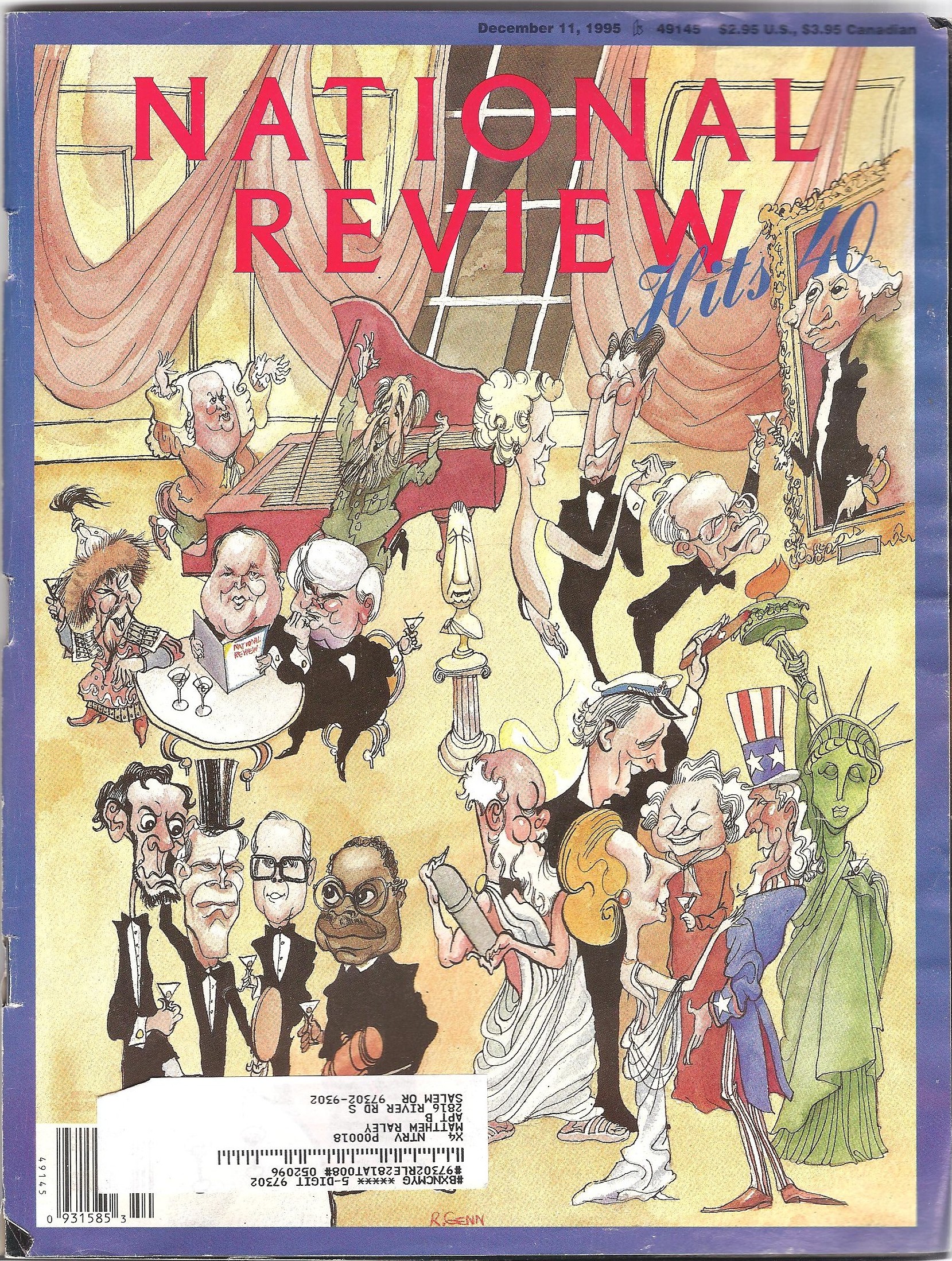by Matthew Raley In 2012, I got a lengthy email from a well-known pastor endorsing Newt Gingrich for the Republican nomination. Gingrich was peaking at that moment and the pastor argued that evangelicals should consolidate behind him. This was the man to deliver victories in the culture wars.
The email was lengthy because the pastor had to navigate rocky moral straights. He said he had wrestled with Gingrich’s adultery and third marriage. How could he endorse a man who had done such things? Several paragraphs of reasoning boiled down to two points. Jesus forgives us all. And Gingrich held the right positions on abortion and gay marriage.
I tapped the little trashcan icon.
That email illustrates an evangelical sexual crisis. We have proclaimed Judeo-Christian morality as the standard for our society, but we are not holding to that standard ourselves. In this crisis, many believers have lost hope for cleansing from their sexual sins. We are caught in what I call the Pharisee’s spiral.
The Pharisees of Jesus’s time reduced spirituality to rules. Keeping the rules made them good. If they broke a rule, there were additional ones that would save them from guilt. For instance, a Pharisee might break an oath that he swore on the temple. But he was still good: since he didn’t swear on the gold of the temple, he was not bound by his oath (Matthew 23:16-17).
The Pharisee’s spiral is the swing between guilt and rationalization. I broke one rule, but I’m safe because I kept another rule. A Pharisee always reads the fine print. That’s where he finds the good news.
The pastor exhibited this spiral when he endorsed Gingrich. Why was Gingrich acceptable now when his moral twin, Bill Clinton, was anathema in the 1990s? They were both adulterers. When Clinton was running for president, evangelicals said that his adulteries were disqualifying. Gingrich lost the House speakership because his own sin was revealed.
Spend time in the Pharisee’s spiral and there’s a neat solution. Both men broke the rule. Both can be forgiven by Jesus. But one has the wrong stance in the culture war, and the other has the right stance. Gingrich is saved by the fine print.
If Gingrich were the only case in which Christian leaders public looped their way through this sort of explanation, the spiritual impact on the average evangelical might not be so devastating. But there have been many leaders like Gingrich. What I hear from believers struggling with their sexual sins is exactly the sort of hurt one expects from people repeatedly cycled through the spiral.
They tell how they got pregnant before they were married. (Broken rule.) Are they safe because they got married and stayed married? (Fine print.) They tell of homosexual experiences. (Broken rule.) Are they safe because they still feel guilty? (Fine print.) They have used pornography. (Broken rule.) Can they be intimate with their spouses without that sin hanging over them? Is there any fine print for that, or are they permanently broken?
Churches are packed with people who need sexual healing, many of whom think sexual purity is a matter of fine print. What they need is genuine good news. Jesus Christ paid not only for forgiveness, but also for a process of cleansing. He paid with his life. And the cleansing he purchased reaches our sexuality, restoring God’s design for human flourishing.
As our society turns the body into a commodity through human trafficking, objectifies women through pornography, eroticizes childhood, and imposes the cost of our sexual decisions on our offspring, we evangelicals cannot satisfy ourselves with declaring absolute standards. We have to declare an absolute Savior. And we can’t declare Him unless we’ve experienced his power.
At Chico Grace Brethren, we’re going to start breaking the Pharisee’s spiral in our own hearts. On March 9th we’ll begin a study of how to stop being “puffed up” in the midst of sexual sin. Our text will be 1 Corinthians 5-6. I will be talking to Christians about the process of cleansing Christ purchased for us. But I invite anyone to listen in on this conversation. More information at chicogracebrethren.com.

